Printing Proofs: Soft Proofs vs Hard Proofs
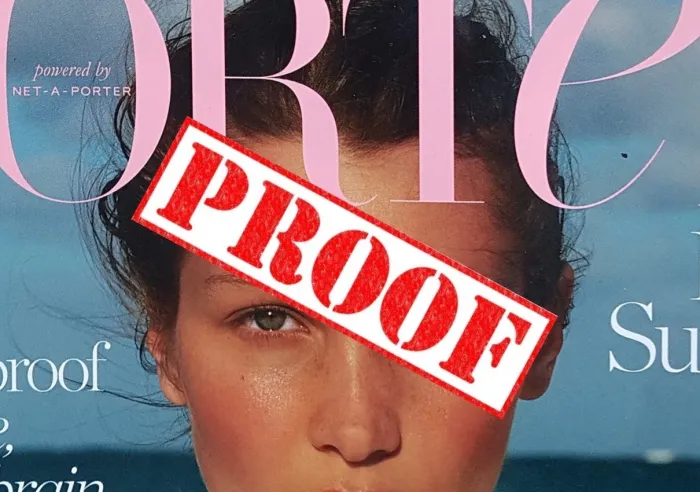
estimated reading time: 3 minutes
What is a Proof?
In printing, a Proof is a preliminary representation of how
a project will appear when printed. A proof is an essential component of the
printing process because it ensures the client and printer are in total
agreement about the desired outcome.
Proofs are created by a printing company after receiving a
client's order and artwork file(s) but before any actual printing takes place. Once
the proofs are ready for review, they are sent to the client to be examined thoroughly
and approved.
Proofs help verify that images, text, margins, bleed, and
other design elements have the proper appearance and placement. It is important
to catch any issues during the proofing stage so they can be addressed and rectified before any
printing plates are made or the project is sent to a printing press.
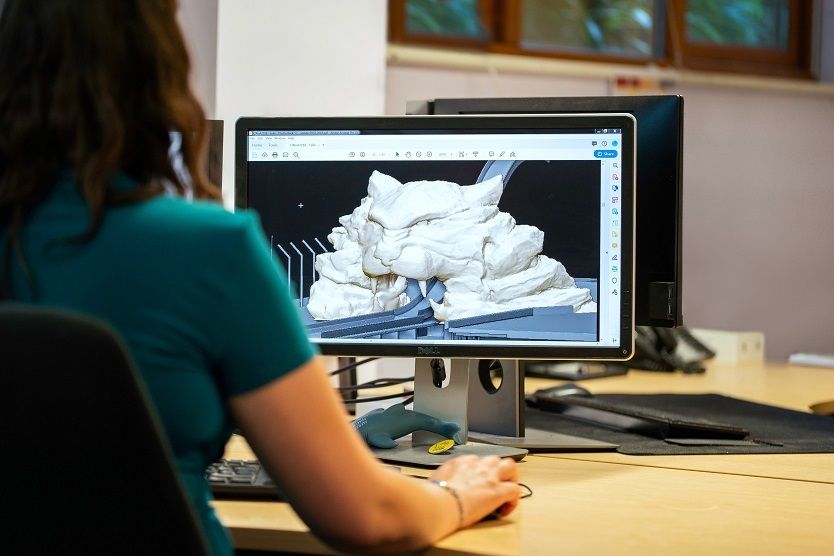
Soft Proofs
A Soft Proof refers to an electronic file that displays on a
computer screen. As such, soft proofs do not exist in physical form. Instead, a
soft proof simulates a printed piece through digital imagery.
The most common type of soft proof is a PDF proof. PDF stands for "Portable Document Format." PDF files provide a simple and convenient way
to share electronic documents.
In our digital age, it should come as no surprise that soft proofs
are the most widely used type of printing proofs. Not only can soft proofs be created quickly
and inexpensively, they can be easily sent and received by email. This streamlines
the approval process, allowing for prompt scheduling of the project and faster turnaround
times.
In addition to displaying the layout and design elements of
a project, soft proofs can also indicate how a printed piece will be trimmed, folded,
perforated, drilled, punched, or similarly modified. Even though an electronic
image is 2-dimensional, these finishing operations
can be indicated using colored lines and markings. Of course, these markings
will not print on the final piece. They merely appear on the proof to help visualize location.
Because soft proofs display on a computer screen, the colors
displayed will be very close but not entirely accurate. This is because computer
monitors use the RGB color model (Red, Green, and Blue) to create colors, whereas
a printing press uses the CMYK color model (Cyan, Magenta, Yellow, and Black).
That said, soft proofs are still the preferred proofing method for the vast majority
of print projects.
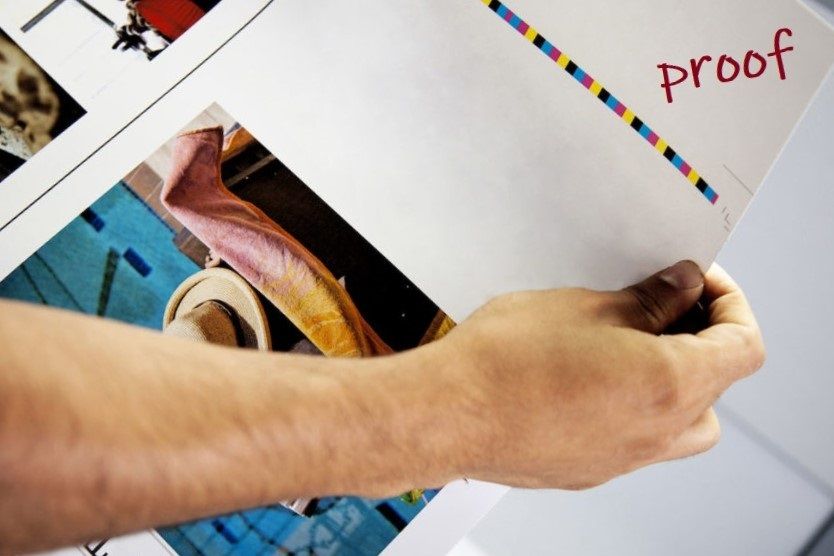
Hard Proofs
A Hard Proof, also known as a hard copy proof, refers to a physical
proof. Unlike a soft proof, a hard proof is tangible and can actually be held
in one's hands while being reviewed.
Since hard proofs are basically a one-off version of a print
project, they can be expensive to produce. They also have to be mailed or shipped,
which adds cost and time to the project.
This is why hard proofs are generally reserved for print
projects that are more complicated. For example, projects that are color
critical or have more involved physical features, such as a complex folding method
or components that fit together in a certain way. Hard copy proofs can also help
verify that books and multi-page documents have the proper page order.
Another benefit of hard copy proofs is that they can be printed
on the actual paper, cardstock, or other substrate specified for the project. This allows the
client to feel the weight and texture of the piece in addition to inspecting the
layout.
Depending on the project, hard copy proofs are sometimes referred to as mock-ups or prototypes.
Color Vision is always ready to help!
If you have an upcoming print project, get in touch with Color
Vision Printing. We have great pricing on full color printing, book printing, laminated
printing and more.
We are always happy to discuss your projects, so
give us a call at 800-543-6299. Or, submit a quote request by clicking here and
we will email you a quote. As always, we look forward to assisting with your custom printing
needs!
Related Articles
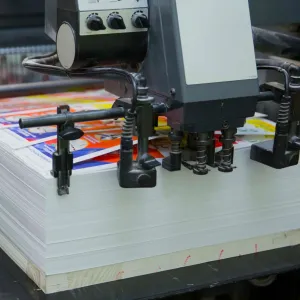
10 Signs It’s Time to Use a Trade Printer
Read This Article

Printing for the Trade: How Trade Printers Support Resellers
Read This Article
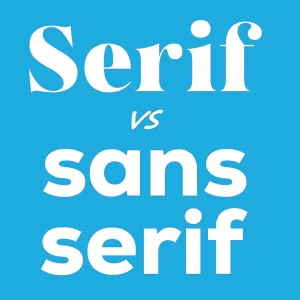
Serif vs Sans Serif Fonts: Which to use for a Print Project?
Read This Article

7 Interesting Facts you might not know about Offset Printing
Read This Article